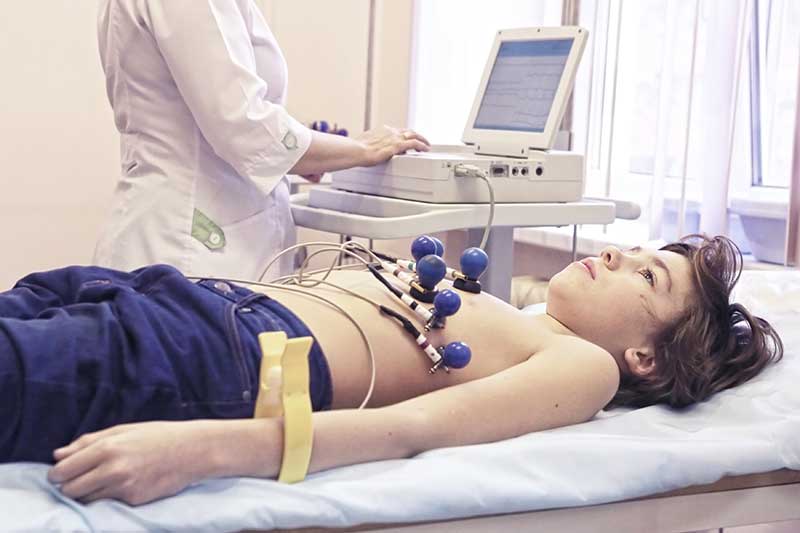For those who have a passion in helping others and a desire to make a difference in people’s lives, becoming a registered nurse (RN) can be a fulfilling career choice. However, the process of becoming a registered nurse can be overwhelming and often requires a lot of dedication, hard work, and perseverance.
The Journey towards Becoming a Registered Nurse: A Step-by-Step Guide
In this blog post, we will take you through the essential steps to become a registered nurse, ranging from education, licensure, and career advancement opportunities.
Step 1: Obtain a Bachelor's degree in Nursing
The first step toward becoming an RN is to earn a Bachelor’s degree in nursing, which takes around four years to complete. The Bachelor’s program teaches students essential skills and knowledge to provide quality care to patients in various healthcare settings. This program includes laboratory and clinical rotation experience to help students gain real-life experience in patient care.
Step 2: Pass the National Council Licensure Examination (NCLEX-RN)
After completing your Bachelor’s degree, you must pass the NCLEX-RN exam, which is a requirement for becoming a licensed nurse. The exam comprises multiple-choice questions that evaluate your nursing competency. To prepare for the exam, consider studying and reviewing nursing concepts learned throughout your academic program.
Step 3: Acquire a nursing license
After passing the NCLEX-RN exam, you are eligible to apply and obtain a nursing license in your state of practice. The licensing board in your state of practice will require you to submit official transcripts from your nursing program, and you must meet the requirements of that particular state.
Step 4: Gain nursing experience
After obtaining licensure, you should seek opportunities to gain nursing experience by working at hospitals or healthcare agencies. This experience prepares you to work with diverse patients and refine your nursing skills.
Step 5: Pursue advanced nursing education.
Successful RNs continue their education by pursuing advanced degrees in nursing, such as a Master’s or Ph.D. in Nursing. By doing so, they acquire specialized skills, knowledge, and clinical expertise to advance their careers as educators, researchers, or healthcare policymakers.
Conclusion:
Becoming a registered nurse takes dedication, hard work, and passion for helping others. However, the satisfaction of caring for someone in their time of need is priceless. By following the steps outlined in this blog, you should be well on your way toward becoming a successful and compassionate registered nurse. Remember, success as an RN requires lifelong learning, professional development, and a commitment to ongoing improvement.








